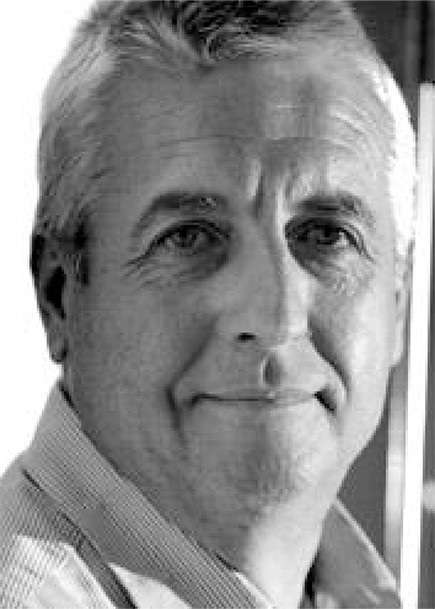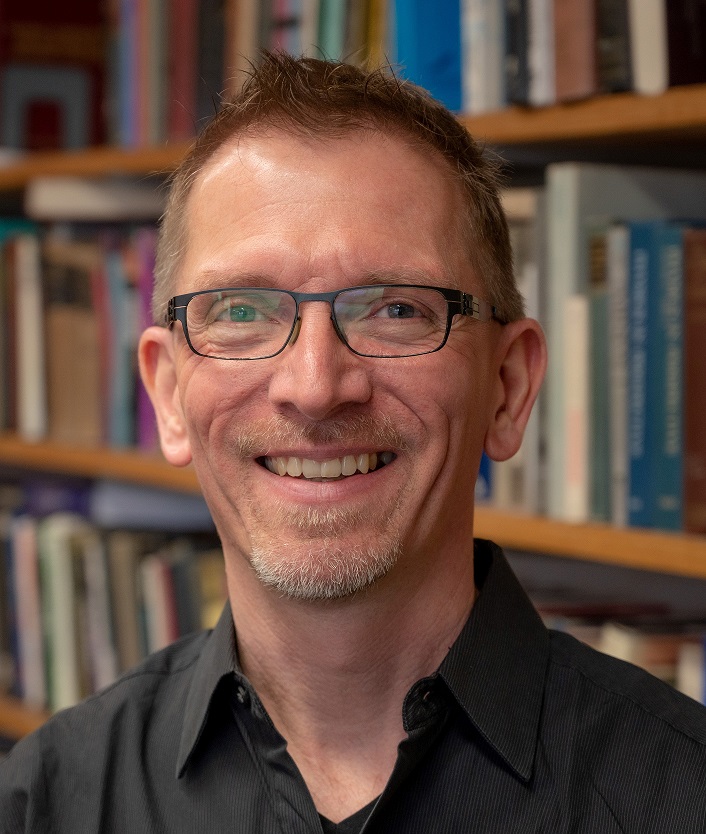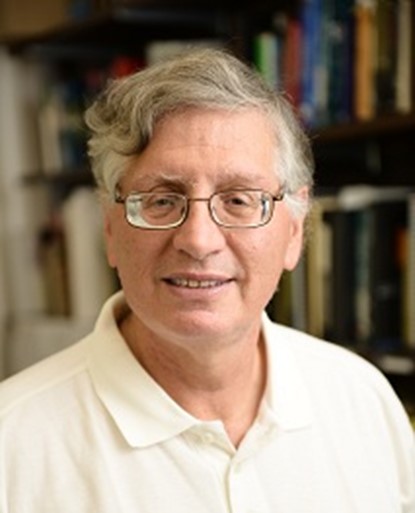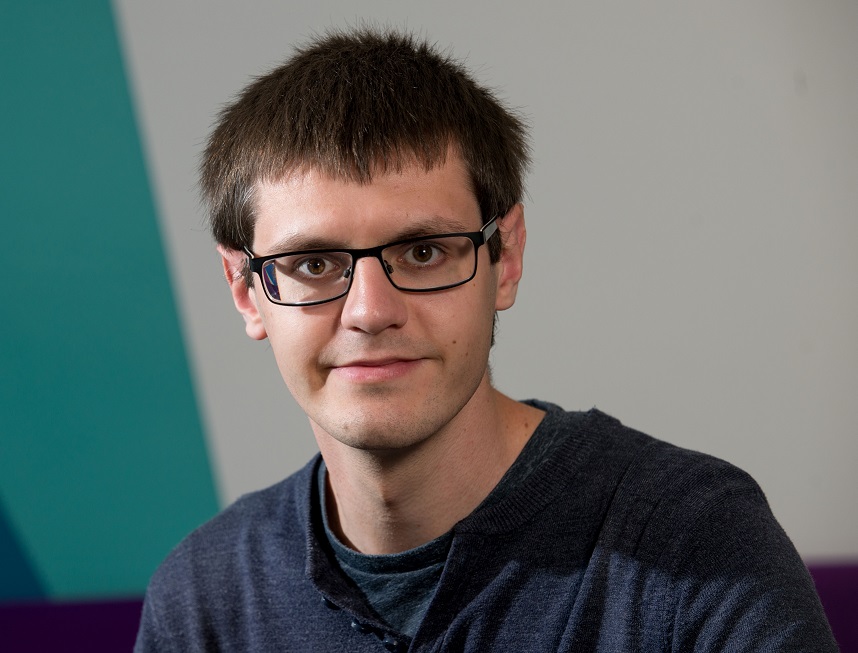Join leading researchers in London for the Faraday Discussion on "Structural and Functional Asymmetry of Plasma Membranes" from 23 to 25 April 2025. This unique conference format encourages in-depth discussions based on pre-submitted research papers, promoting collaboration and debate among scientists. Topics include plasma membrane lipid distribution, creating artificial membrane systems, studying membrane dynamics, and how proteins behave in asymmetric membranes. Attendees can participate in talks, poster sessions, and networking events, with all contributions published in the Faraday Discussions journal. The event takes place at the Royal Society of Chemistry's headquarters, offering a great opportunity to explore historic London.

Born in San Sebastián (Spain) in 1951. MD (University of Navarra) in 1975. Postdoc under D. Chapman, Royal Free Hospital, University of London, 1976-78. Lecturer, then Professor of Biochemistry at the University of the Basque Country (UPV/EHU) Bilbao, Spain (1978 onwards, Emeritus Professor since 2021). Founder and Head of the “Unidad de Biofísica”, a joint centre of CSIC and the University of the Basque Country (2002-2015). President of the Spanish Biophysical Society SBE (1992-1998), Chair of FEBS Publications Committee (2006-2011), Chair of the International Relations Committee of the US Biophysical Society (2011-2016). President of the Spanish Biochemical Society SEBBM (2016-2020).

Markus Deserno is a professor in the Department of Physics at Carnegie Mellon University (CMU). He works in the field of theoretical and computational biophysics, with a focus on lipid membranes and proteins, using a diverse spectrum of techniques that range from coarse-grained Molecular Dynamics simulations up to differential geometry and statistical field theory. Dr. Deserno received his Ph.D. from the Max Planck Institute (MPI) for Polymer Research in Mainz, Germany. After graduation, he held a postdoctoral research position at UCLA, followed by a group leader position back at the MPI, before joining CMU in 2007. Between 2014 and 2020 he served on the Editorial Board of the Biophysical Journal, and he is an elected Fellow of the American Physical Society.

Erwin London received his B.A. degree from Queens College of the City University of New York and a Ph.D. degree from Cornell University. Postdoctoral training was at the Massachusetts Institute of Technology with H. Gobind Khorana. He is presently Distinguished Professor at Stony Brook University. Dr. London’s laboratory has studied membrane structure and organization both for membrane lipids and membrane proteins. The lab is most well-known for pioneering work on the principles of organization of membranes into co-existing ordered and disordered lipid domains. The lab has also developed methods to manipulate the lipid composition and asymmetry of both artificial and natural membranes.

Jonathan Machin is a senior postdoc in Professors Sheena Radford’s and Neil Ranson’s labs at the University of Leeds. Following completion of his undergraduate and master’s degree at the University of Oxford, he received his PhD at the Astbury Centre at the University of Leeds. His research interests focus on how membrane proteins fold, function, and interact within their unique lipid environments, particularly in the context of the diderm bacterial outer membrane.